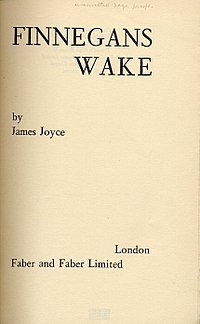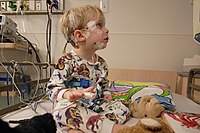
Diagnostic yield of standard-wake and sleep EEG recordings
Sign Up to like & getrecommendations! Published in 2018 at "Clinical Neurophysiology"
DOI: 10.1016/j.clinph.2018.01.056
Abstract: OBJECTIVE To investigate whether Posterior Dominant Rhythm (PDR) can be reliably assessed in sleep-EEG recordings and to investigate the diagnostic yield of standard-wake and sleep-recordings. METHODS EEG recordings of 303 consecutive patients aged 18-88 years were… read more here.
Keywords: standard wake; wake; wake sleep; sleep eeg ... See more keywords

The dynamics of affect across the wake-sleep cycle: From waking mind-wandering to night-time dreaming
Sign Up to like & getrecommendations! Published in 2021 at "Consciousness and Cognition"
DOI: 10.1016/j.concog.2021.103189
Abstract: Affective experiences occur across the wake-sleep cycle-from active wakefulness to resting wakefulness (i.e., mind-wandering) to sleep (i.e., dreaming). Yet, we know little about the dynamics of affect across these states. We compared the affective ratings… read more here.
Keywords: mind; sleep cycle; mind wandering; dynamics affect ... See more keywords

EEG alterations during wake and sleep in mild cognitive impairment and Alzheimer's disease
Sign Up to like & getrecommendations! Published in 2021 at "iScience"
DOI: 10.1016/j.isci.2021.102386
Abstract: Summary Patients with Alzheimer's disease (AD) undergo a slowing of waking electroencephalographic (EEG) rhythms since prodromal stages, which could be ascribed to poor sleep quality. We examined the relationship between wake and sleep alterations by… read more here.
Keywords: alzheimer disease; cognitive impairment; wake sleep; activity ... See more keywords

Respiratory events during stable wake in sleep apnea patients: occurrence and mechanism.
Sign Up to like & getrecommendations! Published in 2018 at "European Respiratory Journal"
DOI: 10.1183/13993003.congress-2018.pa2509
Abstract: We previously showed that AHI scored in respiratory polygraphy (AHI PG:24.2±21.5), in PG associated with the automatic analysis of an EEG channel (AHI PG+:29.4±23.7) and in PSG (AHI PSG 31.0±24.6) were significantly different (p To… read more here.
Keywords: sleep apnea; ahi; wake sleep; respiratory events ... See more keywords

Microglial repopulation alleviates age-related decline of stable wakefulness in mice
Sign Up to like & getrecommendations! Published in 2022 at "Frontiers in Aging Neuroscience"
DOI: 10.3389/fnagi.2022.988166
Abstract: Changes in wake/sleep architecture have been observed in both aged human and animal models, presumably due to various functional decay throughout the aging body particularly in the brain. Microglia have emerged as a modulator for… read more here.
Keywords: age related; brain; wake sleep; stable wakefulness ... See more keywords